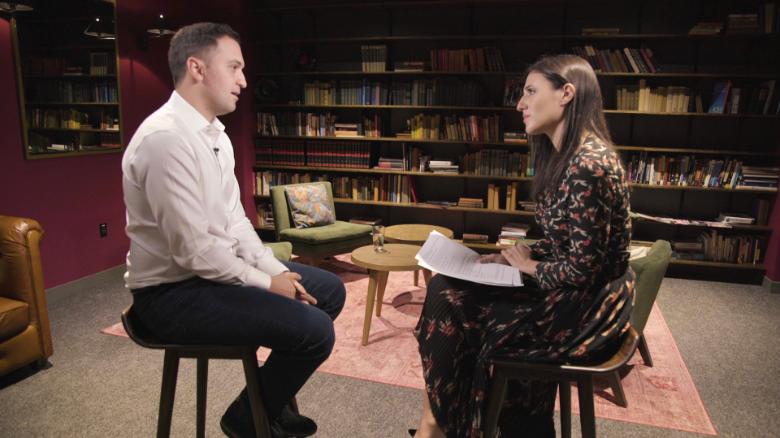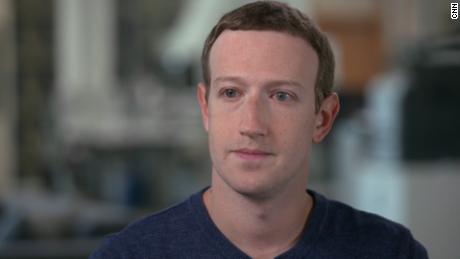New York (CNN)Lyft is suing the New York City Taxi and Limousine Commission over its first-of-a-kind driver minimum wage law, claiming its implementation would hurt its business.
The agency voted on a minimum pay formula in December to protect ridehailing drivers from being underpaid by companies.
Under the new policy, which is slated to go into effect on February 1, drivers will earn a minimum take-home wage of $17.22 per hour. That's the ridehailing equivalent of a $15 minimum wage, accounting for the fact that drivers have to cover payroll taxes and don't get paid time off, the TLC said.
The move would raise the average driver's pay by $9,600 per year, according to the proposal.
The calculation takes into consideration a "utilization rate" based on how often drivers on a platform have a customer in the car -- and Lyft is taking issue with this.
An industry-wide utilization rate is only set for the first 12 months of the rule -- and companies can petition to use a company rate instead. Lyft argues this gives the company with the biggest marketshare -- Uber -- a "built-in" advantage over others. It will make it more difficult for smaller companies to compete on prices and payment for drivers, as well as continue to service less populated areas, the petition said.
"It's no secret that Uber has tried to put us out of business in the past," a Lyft spokesperson said in a statement. "They've failed repeatedly, and the TLC should not assist them in their efforts."
According to the petition, Lyft argues that "instead of setting an industry-wide utilization rate that will at all times apply equally to each of the four ridesharing companies, the rule allows any company to use its own company specific utilization rate."
It asks the court to "vacate" the law.
All eyes are on New York City as its regulatory changes could provide a model for other cities eager to rein in ridesharing firms that have increased congestion even as they've revolutionized transportation.
The legal filing is already drawing a lot of scrutiny from the Independent Drivers Guild, a rideshare drivers union, which pushed for two years for the rules to be turned to law.
"The idea that this lawsuit is about anything other than avoiding paying drivers a fair wage is laughable," said Jim Conigliaro, Jr. Founder of the Independent Drivers Guild, which advocates on behalf of about 70,000 app-based drivers in NYC. "Regardless of any lawsuits, we are calling on Uber, Lyft and Juno to commit to paying their drivers no less than the required minimum wage by Friday."
A spokesman for the New York City Law Department also pushed back in a statement to CNN: "These rules protect thousands of hardworking drivers who work for the four busiest app companies. The rules ensure minimum income protections, are fair and legal, and we'll vigorously defend them in court."
Another ridehailing company, Juno, reportedly also filed a petition against the TLC. The company did not immediately respond to a request for comment.
Lyft stressed it is not taking issue with the minimum wage law itself but rather the implementation of it. In addition to the utilization rate, Lyft also said it is problematic the TLC requires a minimum wage be applied to each ride -- not to a weekly calculation of rides -- which it says goes against the local law. The rule could also incentivize drivers to pick up passengers in already congested areas, the petition said.
"Our lawsuit does not target the law passed by City Council, but instead addresses the specific way the TLC plans to implement the rules, which would advantage Uber in New York City at the expense of drivers and smaller players such as Lyft," Lyft's statement said.
Uber declined to comment.























